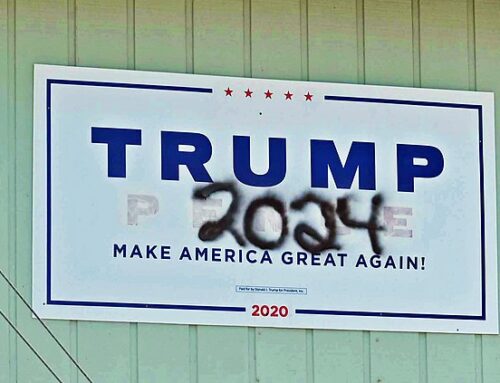by Greg Walcher, E&E Legal Senior Policy Fellow
As appearing in the Daily Sentinel
Last summer a federal judge in California vacated a series of Trump-era rules on enforcement of the Endangered Species Act (ESA). It was a disappointment to many who had worked for years on several relatively modest reforms to make the cumbersome bureaucratic process more efficient. A couple of weeks ago the Ninth Circuit Court of Appeals sent shockwaves across the Interior Department by invalidating that judge’s ruling, reinstating the 2019 rules, for now.
The ruling was an embarrassing smack-down to a district judge who thinks he can make up the law as he goes. It was especially humiliating coming from the Ninth Circuit, America’s most liberal appellate court, which almost always sides with the environmental industry in such disputes. But here the court’s ruling was short and simple, saying the lower court “clearly erred” in vacating the 2019 rules, without ruling on their legality.
The reason that matters is that the lower court had made no effort to determine whether those rules had been adopted in accordance with required legal procedures. The judge made no attempt to rule on the merits of the issue. Rather, the Biden Administration informed the court that it intended to change those rules, so the judge simply threw them out as if they became moot the moment the new administration said it didn’t like them. But the 2019 rules were not moot — they were the law. They were adopted after the complex lengthy legal process was completed, including publication of a draft, public comments, amendments and final publication.
The Biden Administration wanted to move faster than the administrative process allows, to rescind the Trump rules immediately and nationwide, without public notice or the opportunity for public comment. The judge’s ruling accomplished exactly that, until overturned by the Ninth Circuit. The higher court ruling makes clear that statutory administrative procedures must be followed to promulgate new rules. No judge has the authority to cancel federal regulations just because he supports the new administration. A district court may not vacate an agency regulation without ruling on its legal merits.






